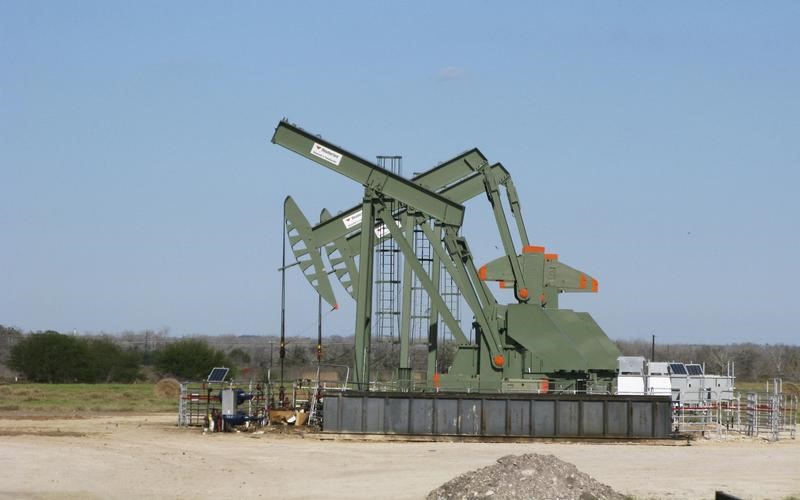By Henning Gloystein
SINGAPORE (Reuters) - Oil prices reversed early losses to push higher on Thursday as markets recovered from their initial shock at U.S. President-elect Donald Trump's surprise victory, although traders said that crude fundamentals remained weak.
Trump's election win initially stunned markets and led Ian Bremmer, president of U.S. risk consultancy Eurasia Group, to warn that "the world is heading into a profound geopolitical recession".
However, markets shook off deep post-election losses and recovered on Thursday.
"The markets don't really know how to react until more clarity is known regarding U.S. policy. Interesting times ahead, so expect volatility," said Matt Stanley, a fuel broker at Freight Investor Services (FIS) in Dubai.
U.S. West Texas Intermediate (WTI) futures (Clc1) were trading at $45.60 per barrel at 0745 GMT, up 33 cents, or 0.73 percent, from their last close.
WTI was held back somewhat by a 2.4-million barrel rise in U.S. crude inventories to 485 million barrels last week, even though refineries hiked output and imports fell, the U.S. Energy Information Administration said on Wednesday.
Brent crude futures (LCOc1) were up 1.14 percent, or 53 cents, at $46.89 per barrel.
"After initially selling off as it became clear Donald Trump would be the next president, commodity prices rallied strongly as the flight-to-safety unwound," ANZ bank said on Thursday in a note on Trump's victory.
But the bank added that "there are still serious question marks as to what it means for commodity markets."
BMI Research said Trump's expected pro oil and gas industry policies might mean that U.S. "production of oil and gas could recover at a faster rate in 2017 as developers grow more encouraged".
Goldman Sachs (NYSE:GS) said a Trump presidency would likely result in higher investment and, in time, increased U.S. oil output as the new president-elect has said he would de-regulate fossil fuel production.
Internationally, the bank said Trump's threat of renewed U.S. sanctions against OPEC-member Iran would "further incentivize Iran to maximize production in the short term rather than comply to an OPEC freeze".
This confirmed traders' doubts over the ability of the Organization of the Petroleum Exporting Countries (OPEC) and other producers, especially Russia, to coordinate a planned output cut in order to prop up prices.

"The outcome of the U.S. election adds to the challenges for the oil exporters because it will likely lead to weaker economic growth in an already fragile global economy. And that means additional pressure on oil demand," said Daniel Yergin, vice-chairman of the IHS Markit think tank.